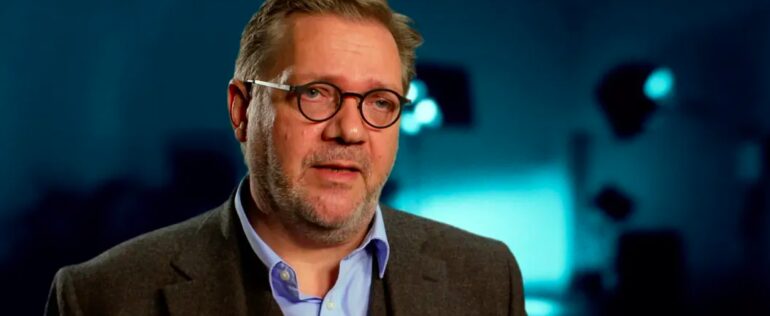WRITTEN BY: Annika Pham
The estimated cut is linked to the government’s efforts to mitigate high inflation, but the industry remains confident over state support in coming years.
In its finance Bill for 2024 announced mid-September, Iceland’s Ministry of Culture and Trade said it would earmark ISK1,114,3 million (€7.65m) to the Icelandic Film Centre (IFC), out of a total budget for film support of ISK3,915,6 million (€26.8 million), effectively cutting the IFC funding by 13.5% from 2023.
The Ministry said the estimated cuts were linked to the end of temporary extra allocations and to the need “for greater fiscal restraint”. But it also reiterated its commitment to its Film Policy 2020-2030.
The slight decrease in the IFC’s proposed 2024 allocations, is the second in a row following last year’s 14% budget cut from 2022, which had been revised down from an originally planned 30% reduction in funding, following constructive industry talks.
Reacting to the government’s proposed budget for 2024, the recently appointed IFC director Gísli Snær Erlingsson said: “It is in the nature of any Fund to operate within a budgetary limit. A budget reduction in the next year will call for correspondingly reduced grants of course, which may call for some changes in emphasis and priorities,” he admitted. “But generally speaking, such changes will not, and should not, create a major disruption in long-term objectives or operations,” he told us.
Looking ahead, Snær Erlingsson added: “We are optimistic that projects that are in development and are actively securing funding with the intention of starting production in 2024 will materialise, and we do not foresee any major disruption caused by the proposed fiscal measures of 2024.”
Meanwhile the head of the Icelandic Producers Association Anton Máni Svansson of Join Motion Pictures said: “Last year the government proposed a substantial cutback of the annual funding of the IFC. Consequently, the Association of Icelandic Film Producers objected which led to a dialogue with the Ministry of Culture and Trade, regarding the funding of the IFC for the coming years. The dialogue was a successful one, resulting in a drawback of the proposed cutback. Since then, the Icelandic economy has taken a swift with an increased inflation and a general cutback in government expenditure. The Association along with other stakeholders continue their constructive dialogue with the Ministry with confidence that all parties seek to support the future prosperity of the film industry.”
The local audiovisual industry has received sustained support from the government in recent years, and welcomed enthusiastically the implementation of the country’s first major film policy 2020-2030 which covers not only financial aid, but also film culture and education.
Last year’s increase of the country’s popular tax incentive from 25% to 35% for projects above ISK350 million (€2.4m) was another major win for the industry.
According to the IFC which administers the reimbursement scheme on behalf of the State Treasury, for the first eight months of 2023, a total of ISK1.9 billion (around €3m) was reimbursed to 57 film and TV projects whose level of productions in Iceland resulted in ISK7.732 million (around €53.1 m) to the local economy.
Among the majority-foreign productions that benefitted from the incentives were Studiocanal’s English-language survival thriller Suddenly starring Jake Gyllenhaal, Thordur Palsson’s chiller The Damned, Paramount+’s series Halo S2, the local films Operation Napoleon, Northern Comfort, Natatorium and 12 Hours to Destruction.
